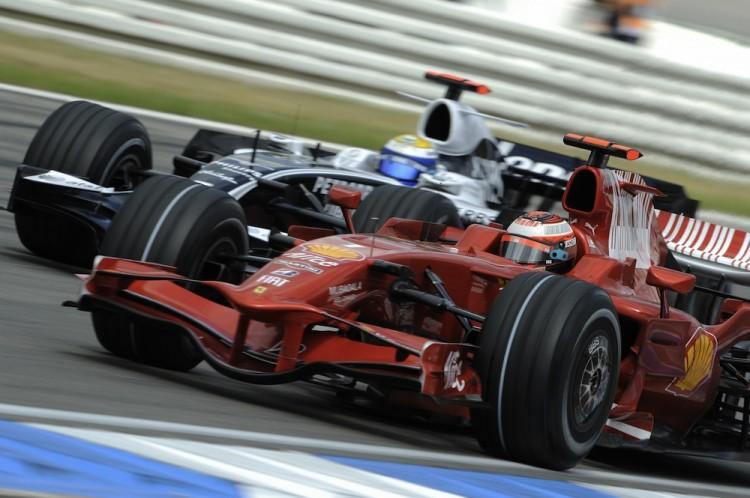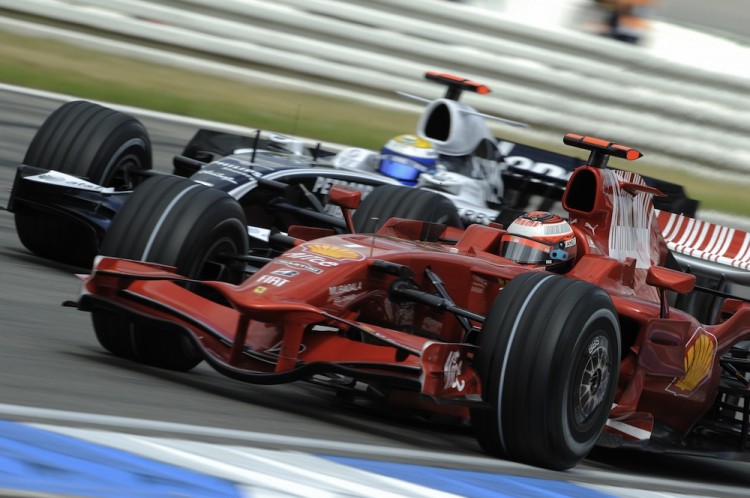Time appears to slows down as a person prepares to make a physical action due to changes in the way the brain processes visual information, according to new U.K. research.
This ability may be highly developed in top athletes, for example Formula 1 drivers have described this phenomenon when overtaking. Japanese researcher Nobuhiro Hagura is currently studying this time dilation effect with neuroscientists at University College London.
“Our guess is that during the motor preparation, visual information processing in the brain is enhanced,” Hagura told BBC News. “So, maybe, the amount of information coming in is increased.”
“That makes time be perceived longer and slower.”
In a series of experiments, the team observed participants’ responses to flashing objects on a screen. In some tests, they had to tap the object, while in others they had to make a verbal response. The participants reported that time only felt longer when they were preparing to move.
The scientists do not know what physiological mechanism is governing this effect, but believe it is linked with the brain’s ability to gather visual information. They hope to include top athletes in future research.
“We now want to do these behavior experiments again while measuring the participants’ brain activity with electroencephalography,” Hagura told BBC News.
“We can then look at what is happening in the visual cortex during the action preparation period.”
The study was published online in Proceedings of the Royal Society B: Biological Sciences on Sept. 5.
The Epoch Times publishes in 35 countries and in 19 languages. Subscribe to our e-newsletter.






